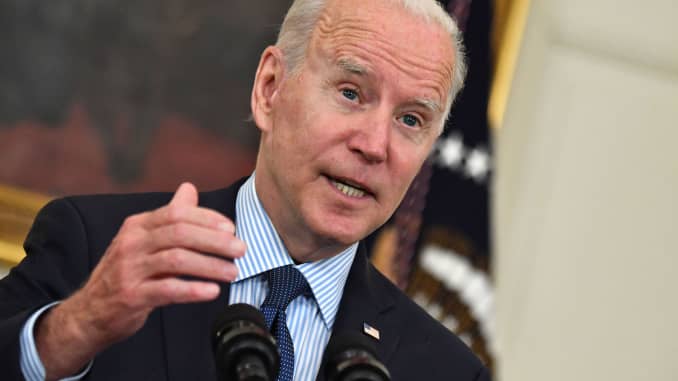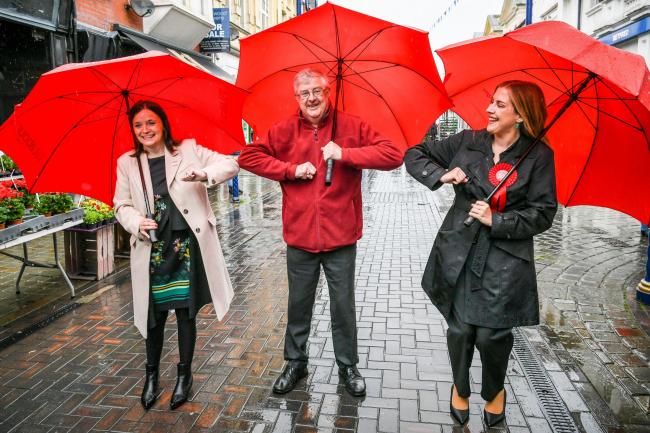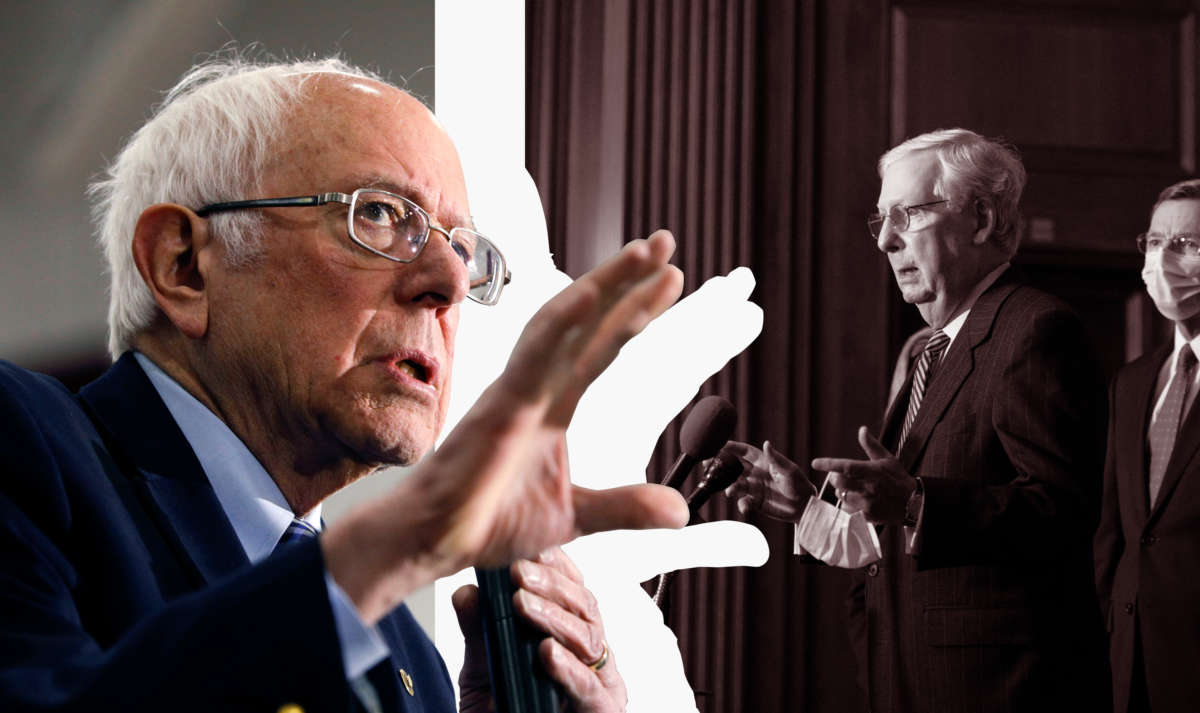
Police face anti-government protesters who are blocking a highway in Gachancipa, Colombia, Friday, May 7, 2021
COLOMBIAN police are indiscriminately using horizontal high-speed multiple-projectile launchers against anti-government protesters, Human Rights Watch (HRW) said today.
Jose Miguel Vivanco, HRW executive director for the Americas, said that his organisation had never previously seen police using the tear-gas and stun-bomb launchers in that way.
Each launcher is mounted on an anti-riot armoured vehicle reported to cost about £84,000 each.
“This seems like a highly dangerous, high-risk procedure, and I believe that this type of practice is what causes the complaints about extreme police brutality,” Mr Vivanco said.
Colombian Defence Minister Diego Molano sought to justify the use of the weapons when disturbances “affect tranquillity and security” or there is a possibility of violence.
Mr Molano said that the weapons were being deployed to disperse protesters but that “in no way from those tanks can there be shots against any official or citizen.”
But Mr Vivanco told German broadcaster Deutsche Welle that the explanation was “very poor,” adding that the defence minister “is not aware of the details” and “does not have much experience in security matters.”
Mr Molano was appointed in February after his predecessor died of Covid-19. He has promised to investigate viral footage of officers firing multiple shots from a tank at protesters.
According to local human-rights organisations, there have been about 1,900 cases of police using brutal force to crack down on the recent spike of protests. In those cases, 963 people were illegally detained, 111 people were injured by police bullets, 39 protesters were killed and 12 women were sexually assaulted by officers.
Last week, the unit responsible for searching for missing persons raised the alarm on the disappearance of 379 protesters who had not returned to their homes.
Protest organisers from the National Strike Committee are expected to meet President Ivan Duque today.
The group of organisations agreed to the meeting despite the president’s refusal to negotiate.
In a statement, they said that they would initially “demand respect and the guarantees for the free exercise of social mobilisation and protest, reject the militarisation of the country and the excessive use of force by the police, the Esmad [riot squad] and the national army against those who protest peacefully.”















